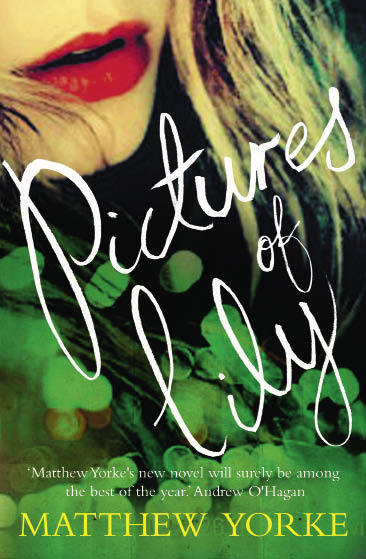In my many years as a judge for the J. R. Ackerley Prize for Autobiography, I have been constantly surprised by the high proportion of books that deal with the subject of adoption. It is usually a melancholy story of young people who, as their 18th birthdays approach, become obsessed with the need to meet their natural parents, only eventually to find themselves being entertained by families with which they have nothing in common; of couples who suddenly discover that the children that they had come to regard as their own have now abruptly given precedence in their affections to total strangers; and of women who, having made the terrible sacrifice of surrendering a child, now only agree with extreme reluctance to have their past shame, guilt and anguish revived for them.
Adoption is also the theme of this dark and painful novel, in which, in a feat of remarkable ventriloquism, a 52-year-old novelist adopts the voice of a young girl frenetically asking the same question over and over again: ‘Why was I given up?’
To escape from this question, Lily has sought refuge in the dub reggae venues of the north of England and the drugs so easily available at them. To one particular small and still obscure band, Ozymandias, she has become a groupie, having developed a crush on its enigmatic lead female singer. From recreational drugs like ‘’shrooms’ (mushrooms) and skunk weed she has moved on to heroin and, even worse, to ayahuasco, a potent and highly perilous South American substance that produces in her such violent alterations of consciousness that she ends up in a psychiatric ward. It is only then that her adoptive parents — her mother efficient but chilly, her father a boyish figure, more older brother than responsible pater familias — seem at last to be concerned about the way in which constant tripping is destroying her sanity.
Eventually, step by painful step, she begins to approach an answer to her increasingly frenzied question. The superb last quarter of the book deals with what she discovers about the life of a mother who had been even more disastrously hooked on drugs and had suffered even worse desperation. This mother became involved with an Australian drug-dealer, first in Goa and then in Penang, only to learn that she was pregnant soon after the Malaysian police had arrested him. Back in England, she attempted to get her life back on track, but ended up as an emaciated prostitute, still dominated by her insatiable addiction.
Yorke provides a terrific evocation of a Goa of which, from my last visit some 20 years ago, I have a vivid memory of a piquant contrast between the respectable solemnity of the inhabitants in their dark suits and dresses promenading the beaches on a Sunday evening, and the dishevelled, disorientated young visitors lying sprawled out on the sand like so much human debris.
It would be exaggeration to claim that Yorke is the equal of his grandfather, Henry Green, in my mind a genius, but he has certainly inherited many of his virtues. One of these is the ability to transmit the essential facts about a character in two or three short sentences of description or brief lines of dialogue. The other is a narrative gift that impels the reader to follow his heroine through her complex narrative with a mounting sense of horrified fascination.






Comments